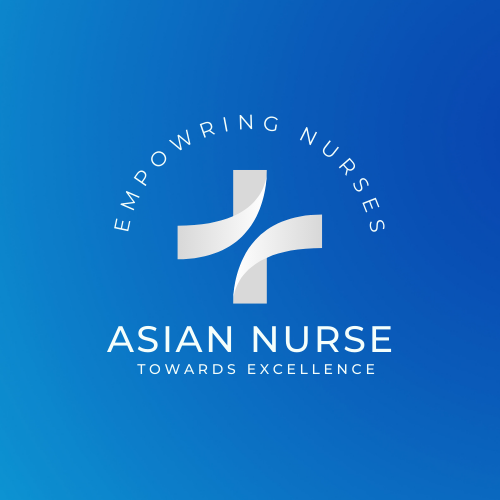Clinical Governance is a systematic approach to maintaining and improving the quality of patient care within the NHS and other healthcare organisations. The Seven Pillars of Clinical Governance
Clinical Governance
- Post author By asiannurse
- Post date
- Categories In Professionalism & Leadership
